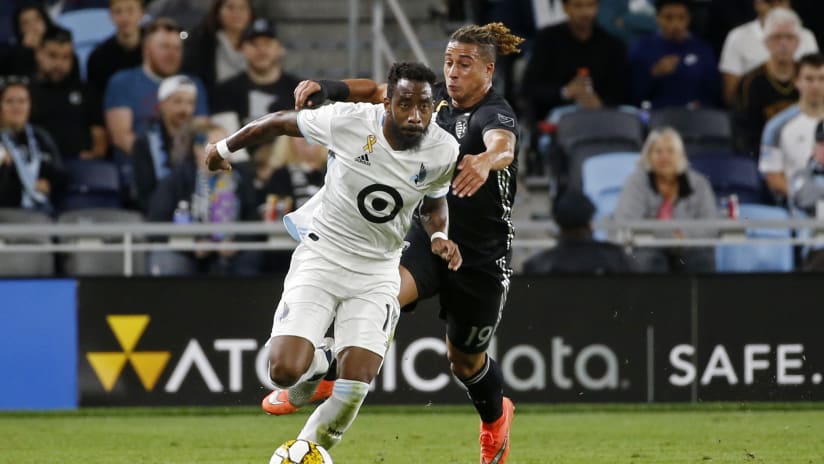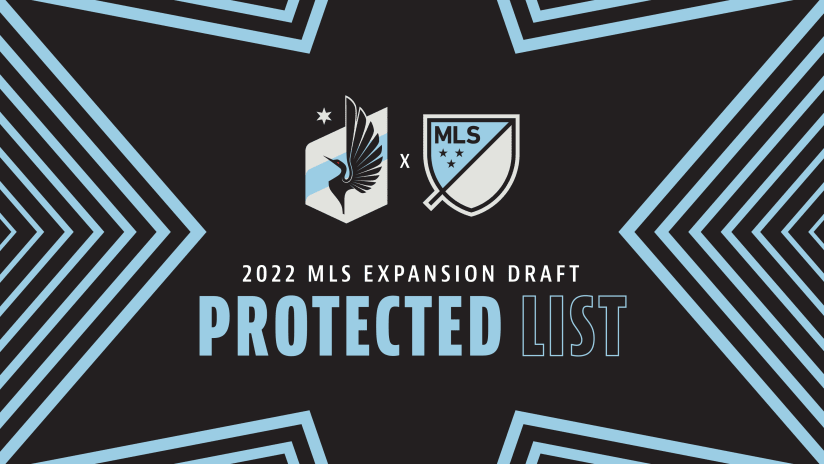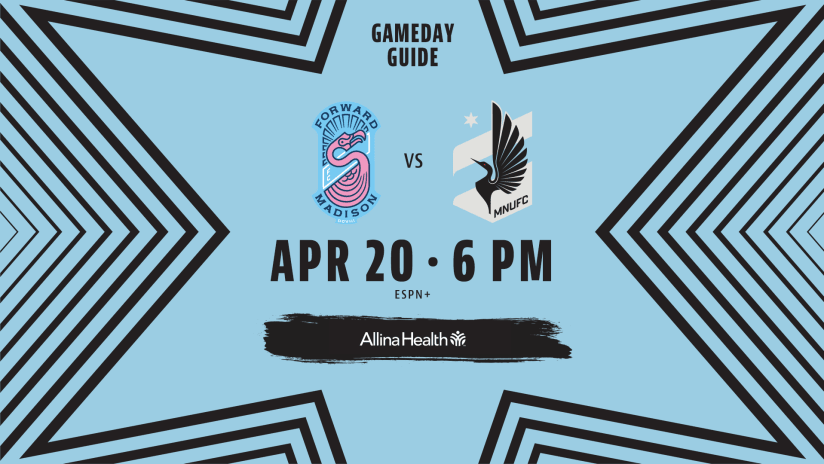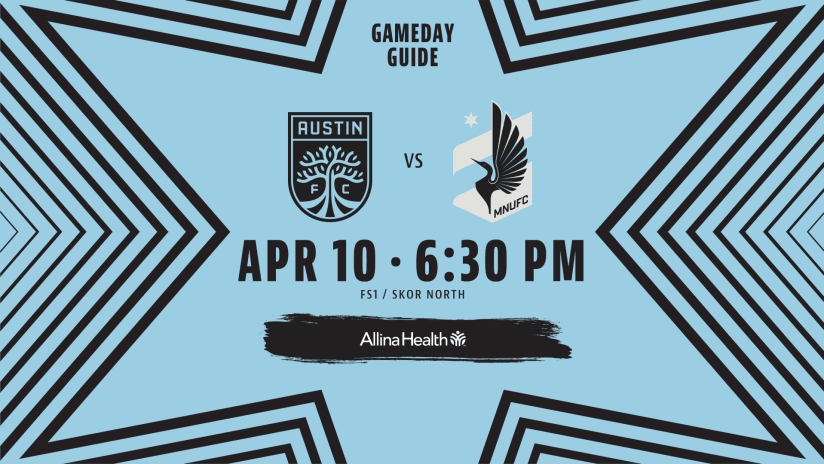They say you can’t really begin to assess a team’s strengths and weaknesses until about a third of a season’s games have been played. So beginning from the fact that every team has only played a pair of games so far and every team has gone through an abbreviated offseason and an abbreviated training camp before the MLS Is Back Tournament, and there’s precious little we can genuinely know about what’s going to happen in Orlando.
We can, however, engage in a little speculation about Minnesota United’s opponents in Group D and do our best to give you a sense of what happened with them last year and what the expectations were headed into and after the first two weeks of the 2020 season.
GROUP STAGE MATCHUPS
- Sporting Kansas City — 7.12 @ 7:00 p.m. CT
- Real Salt Lake — 7.17 @ 9:30 p.m. CT
- Colorado Rapids — 7.22 @ 9:30 p.m. CT
SPORTING KANSAS CITY (2020 Record: 2-0-0)
Last season, things did not go as expected for Sporting Kansas City. Injuries and age — plus the departure of Ike Opara for MNUFC — slowed the core that had been so productive for SKC for so long, leading to the club’s first time missing the playoffs since 2010 and a re-assessment of the team’s position in the offseason. Long in need of a true, productive forward up top, Kansas City added Mexico international Alan Pulido, and he very much looked the part through two games, scoring twice to go with an assist. Midfielder Gadi Kinda also came out of the gate hot with two goals of his own, including a stunner with the left foot against Vancouver in the season opener.
Basically, SKC upgraded at a number of positions without giving anything up. The main concern for them is that players like Graham Zusi, Tim Melia and Matt Besler are all on the wrong side of 30, meaning the days of SKC’s unquestioned defensive dominance are likely behind them. The hope has to be that greater firepower will keep them in games, and so far, the early returns for them have been favorable with wins over two Western Conference foes in hand and a spot at the top of the table for now.
REAL SALT LAKE (2020 Record: 0-0-2)
With Seattle Sounders atop Group B as the reigning champs and LAFC a top seed in Group F as the Supporters Shield winners in 2019, Real Salt Lake got the nod at the top of Group D as the highest finishing Western Conference team not already drawn into a group. RSL lost a huge chunk of its identity with the retirement of Nick Rimando, but there’s also no denying that Rimando was not his old self the last few years, despite an ability to still show off the old razzle dazzle from time to time. The Claret-and-Cobalt also lost Jefferson Savarino and Brooks Lennon while adding the promising 18-year-old Jeizon Ramirez on the wing.
Beyond that, the club is mostly running back with a largely unchanged backline and midfield led by Jan Gregus’ countryman Albert Rusnak. In a tournament format, anything can happen, but at least on paper, RSL largely stood pat in a Western Conference where most teams looked to get measurably better.
COLORADO RAPIDS (2020 Record: 2-0-0)
Another team that saw a legendary goalkeeper leave at the end of last year, Colorado endured several fallow years during the twilight of Tim Howard’s career only to see a resurgence midway through 2019 when Robin Fraser took the reins and simplified the schemes. Last year, the Rapids absorbed opponents’ attacks in order to launch rapid counterattacks commanded by Jack Price’s continued midfield brilliance and finished off by a cadre of speedy, young wingers. Add to that a nigh-unbelievable dominance on set pieces (17 goals) and the second half of Colorado’s season showed real promise.
The question prior to the start of 2020 was whether the honeymoon period could blossom into sustained quality and, up until the season was suspended, the answer was a tentative yes. Along with fellow Group D teams RSL and MNUFC, The Rapids took six points from two games, including a dramatic win in the season opener at D.C. United when Jonathan Lewis scored in the 92nd minute. With that kind of hot start, Colorado have to like their chances as a dark horse in a tournament format that will likely reward teams who keep it simple.






